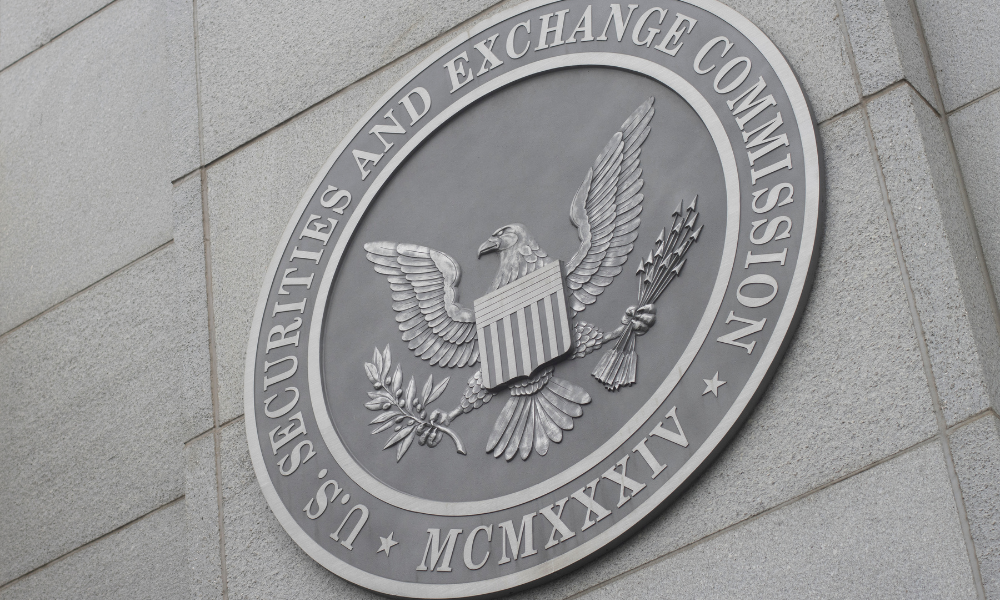

Reverend Father Emmanuel Lemelson, who manages The Spruce Peak Fund, LP, has failed to block a follow-on enforcement action by the Securities and Exchange Commission that could bar him from the securities industry.
On May 27, 2025, U.S. District Judge Sparkle L. Sooknanan ruled against Lemelson’s constitutional challenge, dismissing all five of his claims and allowing the SEC to proceed with its administrative proceeding.
The SEC had previously sued Lemelson in 2018 in the United States District Court for the District of Massachusetts, after a pharmaceutical company complained in 2014 about his public criticism. The agency accused him of market manipulation and other misconduct under federal antifraud provisions.
Although the SEC secured only limited success with a jury, the district court entered a final judgment enjoining Lemelson from violating Section 10(b) of the Securities Exchange Act and Rule 10b-5 for five years, and ordered him to pay a $160,000 civil penalty.
The SEC later initiated an in-house administrative proceeding to determine whether Lemelson should be barred from the investment industry, using the injunction as the legal basis under Section 203(f) of the Investment Advisers Act of 1940.
In December 2024, Lemelson filed a lawsuit in the District of Columbia, arguing that the follow-on proceeding violated his constitutional rights. His five claims included denial of due process, violation of Article III judicial power, deprivation of a jury trial under the Seventh Amendment, unlawful removal protections for administrative law judges under Article II, and a res judicata challenge based on the prior federal court judgment.
Judge Sooknanan dismissed two claims (jury trial and res judicata) for lack of jurisdiction under Rule 12(b)(1), finding that Congress had directed such matters to the SEC’s administrative process and appellate review. The remaining three claims (due process, Article III, and Article II) were dismissed under Rule 12(b)(6) for failure to state a claim.
The judge relied on binding precedent, including Blinder, Robinson & Co. v. SEC, and found that Lemelson’s challenge to the lack of a jury trial could be addressed later through appellate review. The court also rejected his claim that SEC administrative judges were unconstitutionally protected from removal, noting that Lemelson had not alleged any specific harm under Collins v. Yellen.
The ruling is final at the district court level and does not bar Lemelson from seeking appellate review

LifeMark Securities has faced scrutiny in the past for its sales of GWG L bonds.

New data from F2 Strategy shows 95% of RIAs are using AI - four times the adoption rate of banks. Trust companies account for 90% of firms not using AI, raising alarms about their ability to stay competitive.

The ex-registered broker facilitated a series of transactions, including nine trades totaling nearly $130,000 and eight withdrawals amounting to $85,000, for a fourteen-month period after the client's death.

The wealth tech giant is offering advisors a natural, intuitive way to use AI through its new business intelligence and insights engine features.

Sometimes letting clients lead conversations, rather than having all the answers, can be the most powerful trust-builder.
How intelliflo aims to solve advisors' top tech headaches—without sacrificing the personal touch clients crave
From direct lending to asset-based finance to commercial real estate debt.
